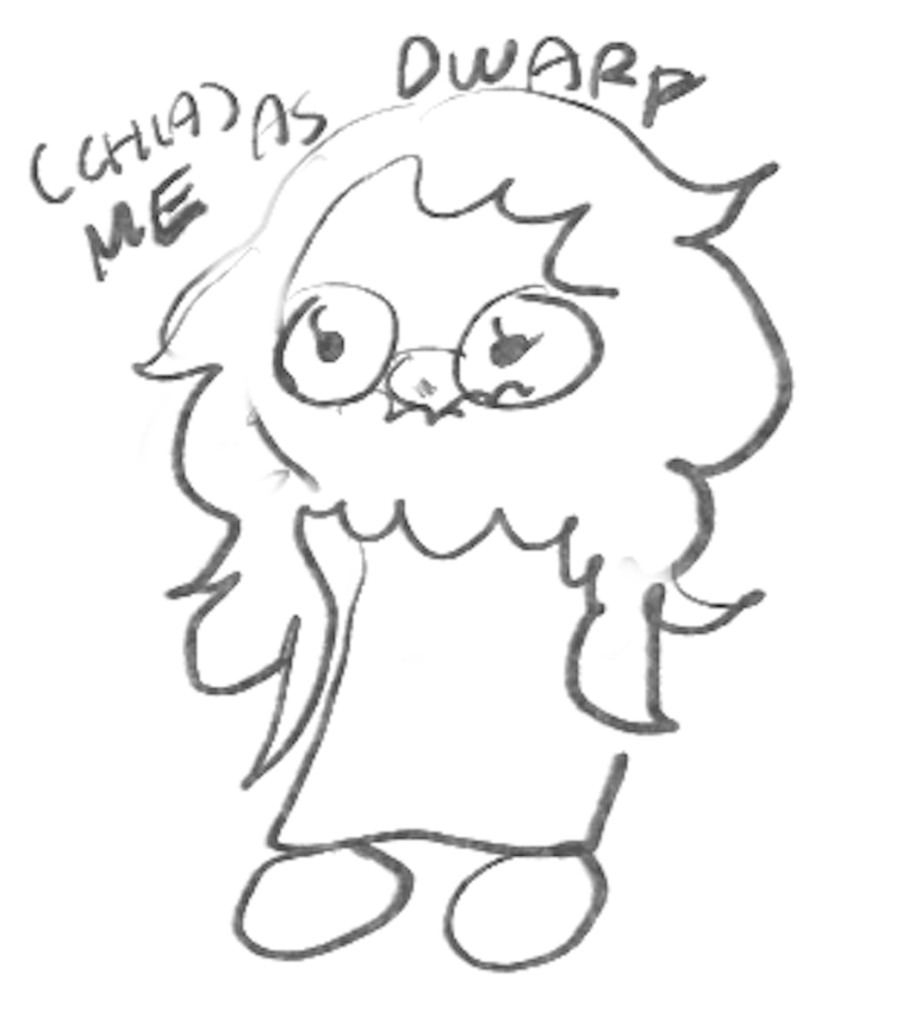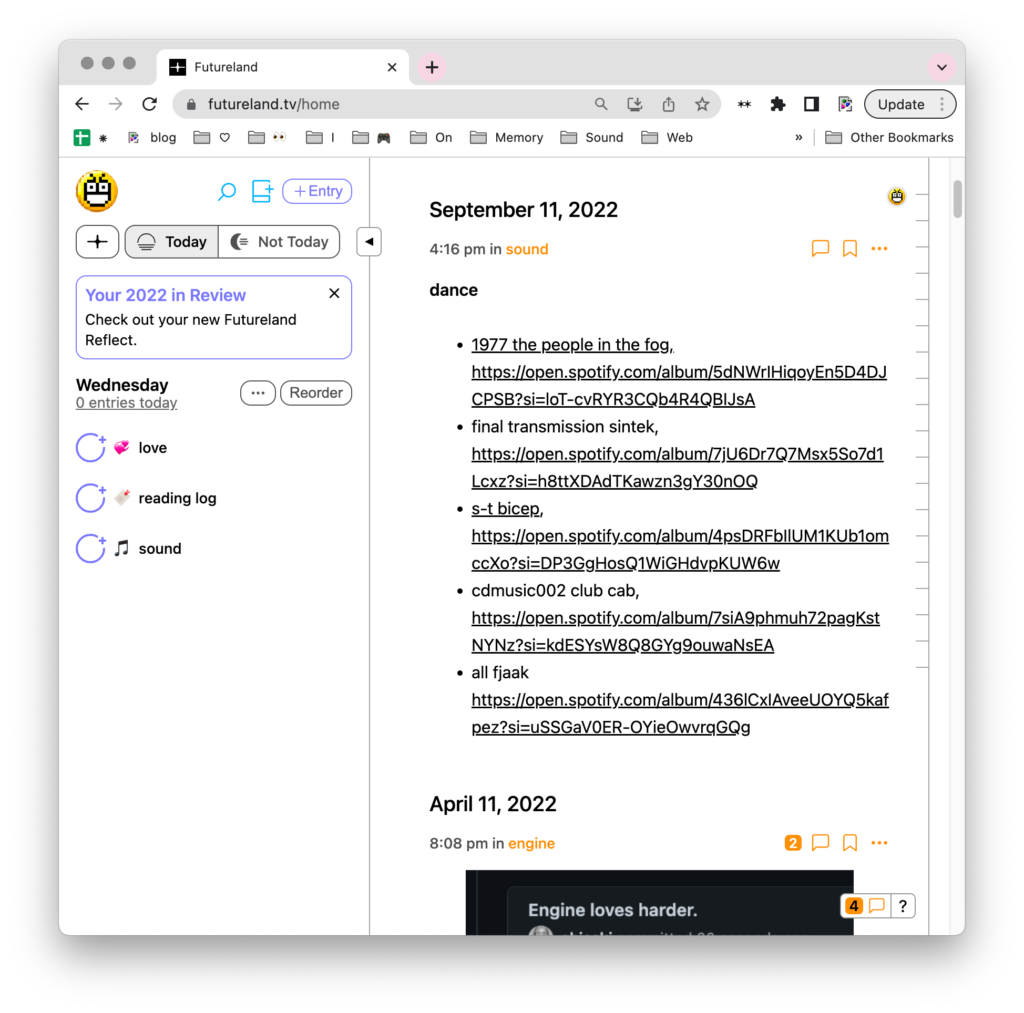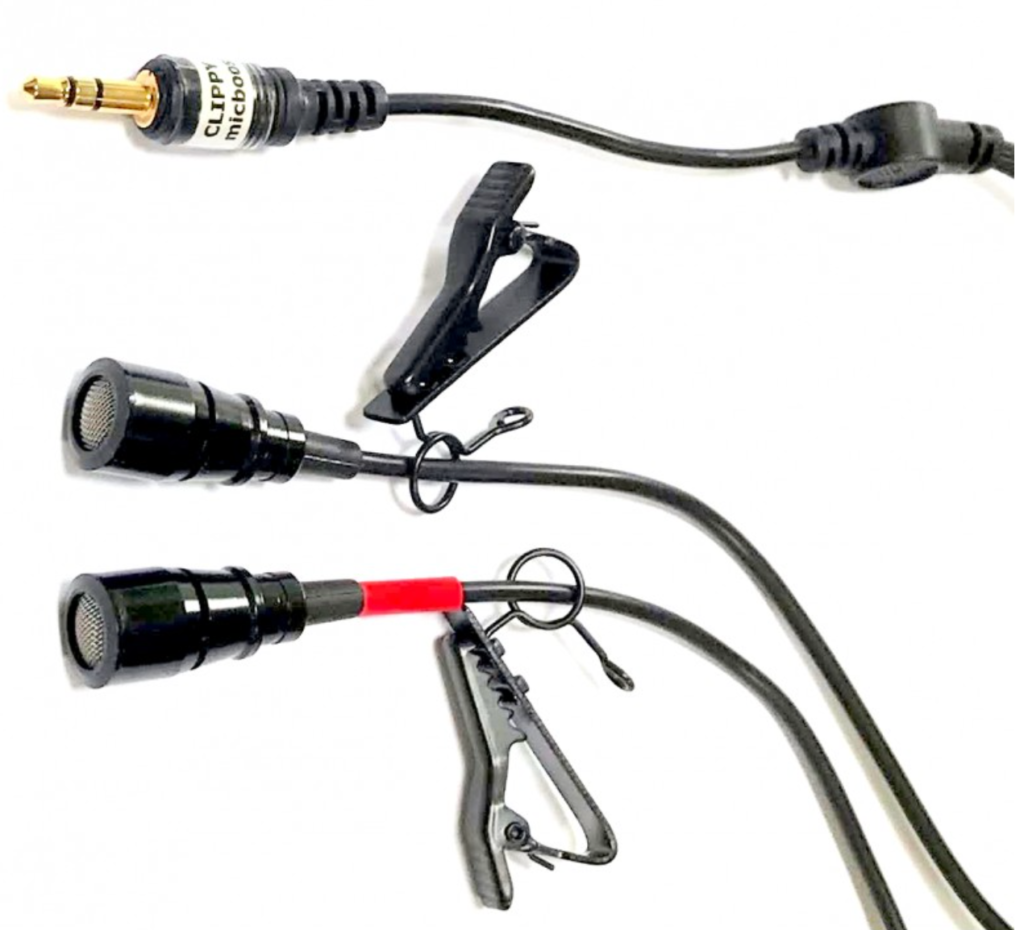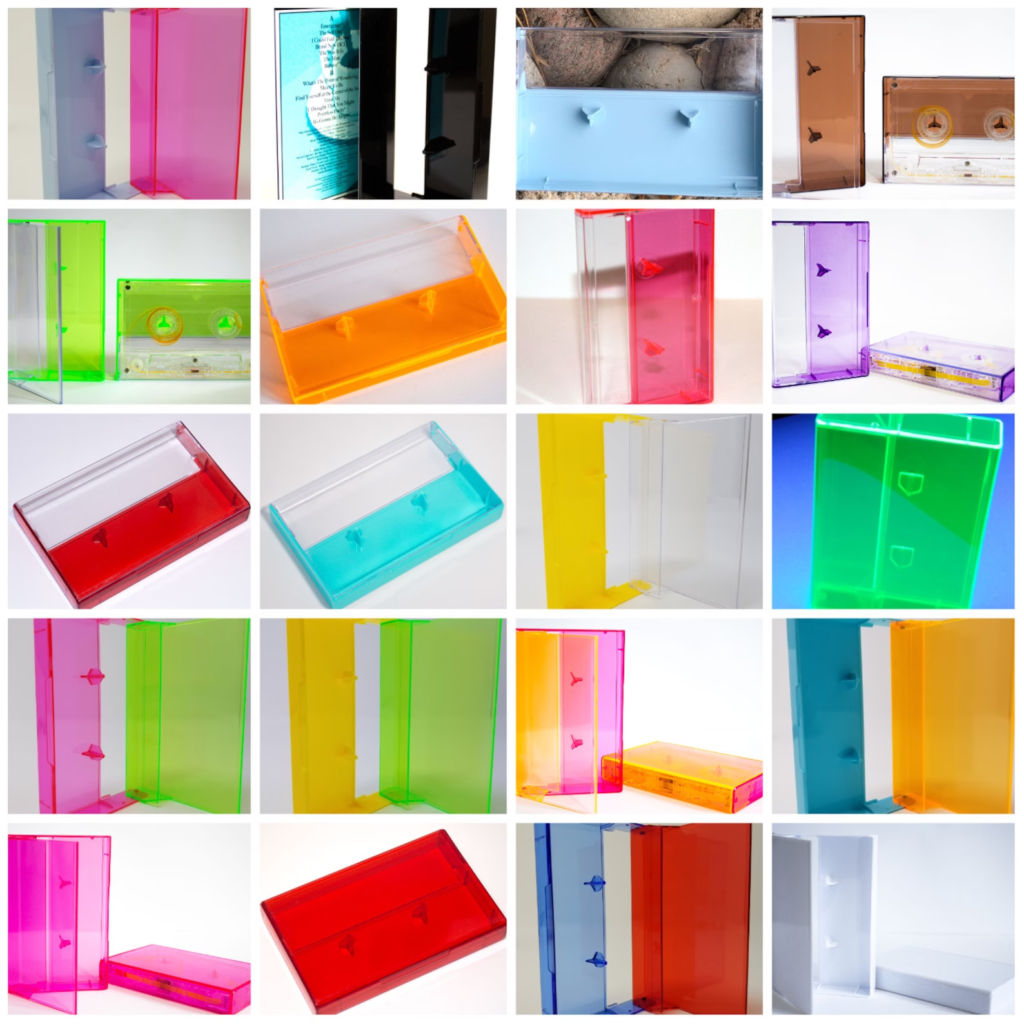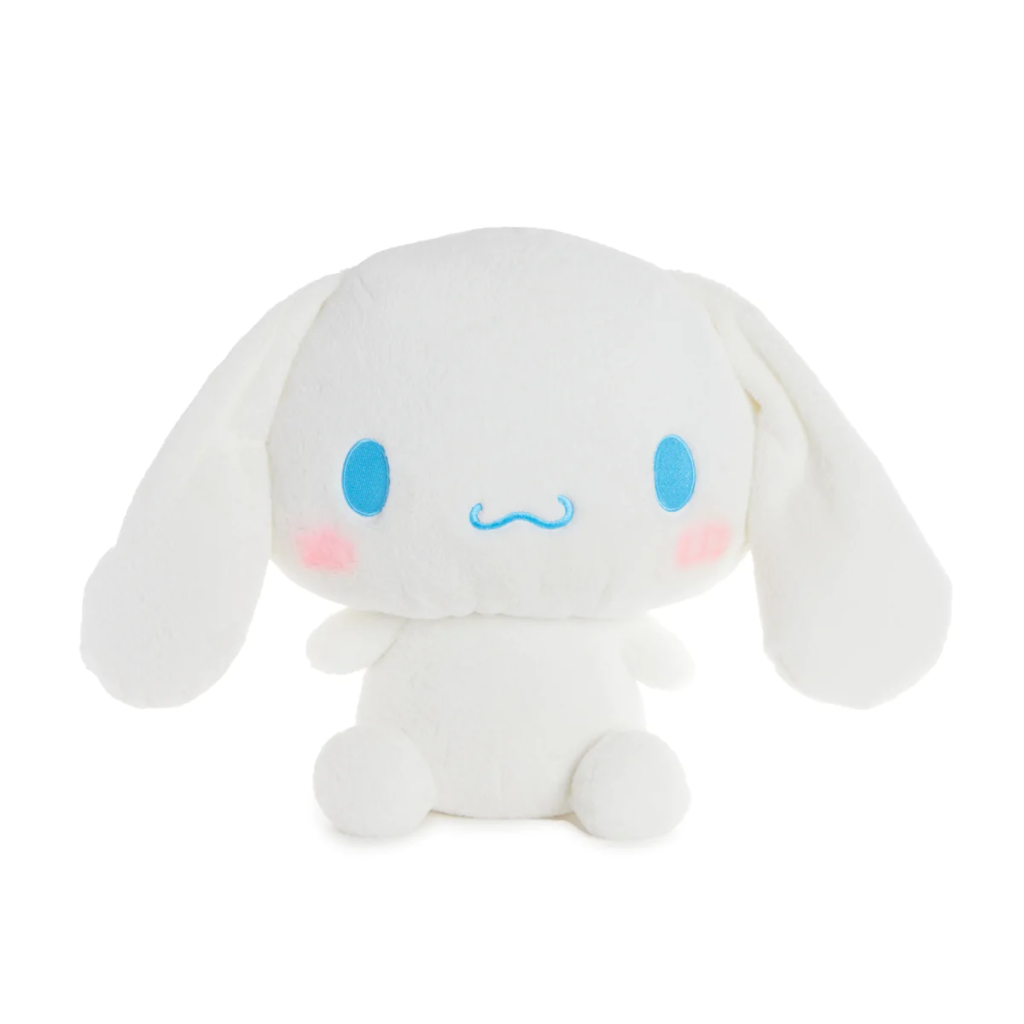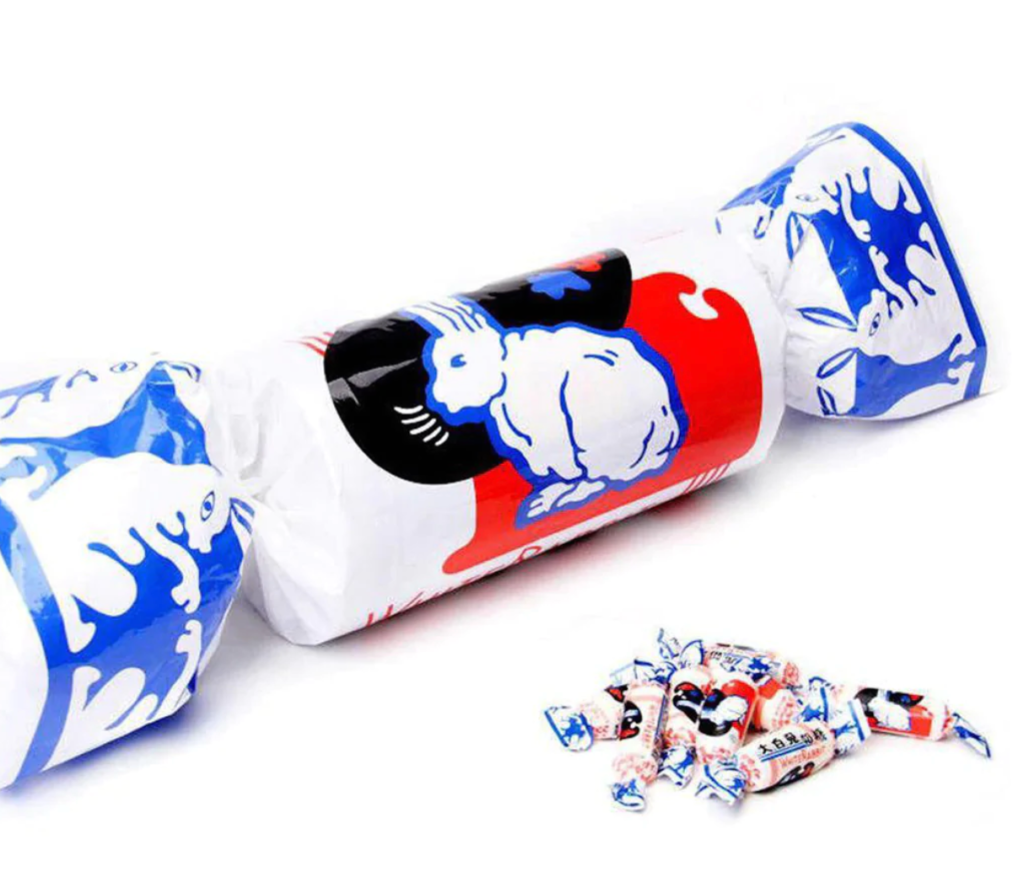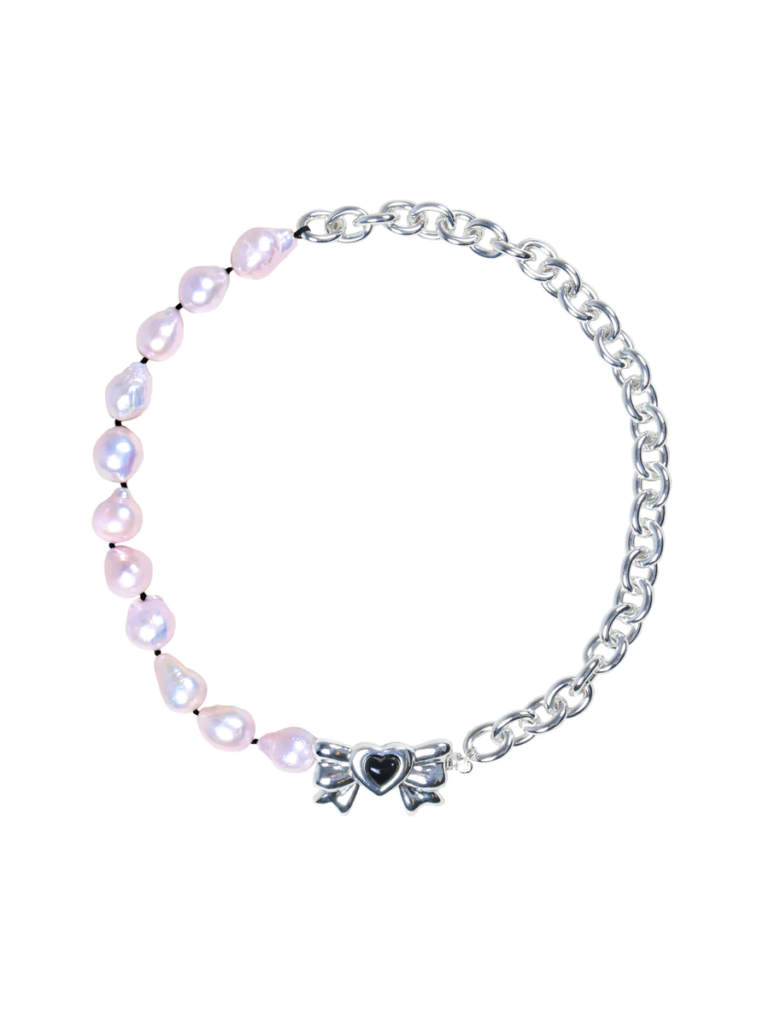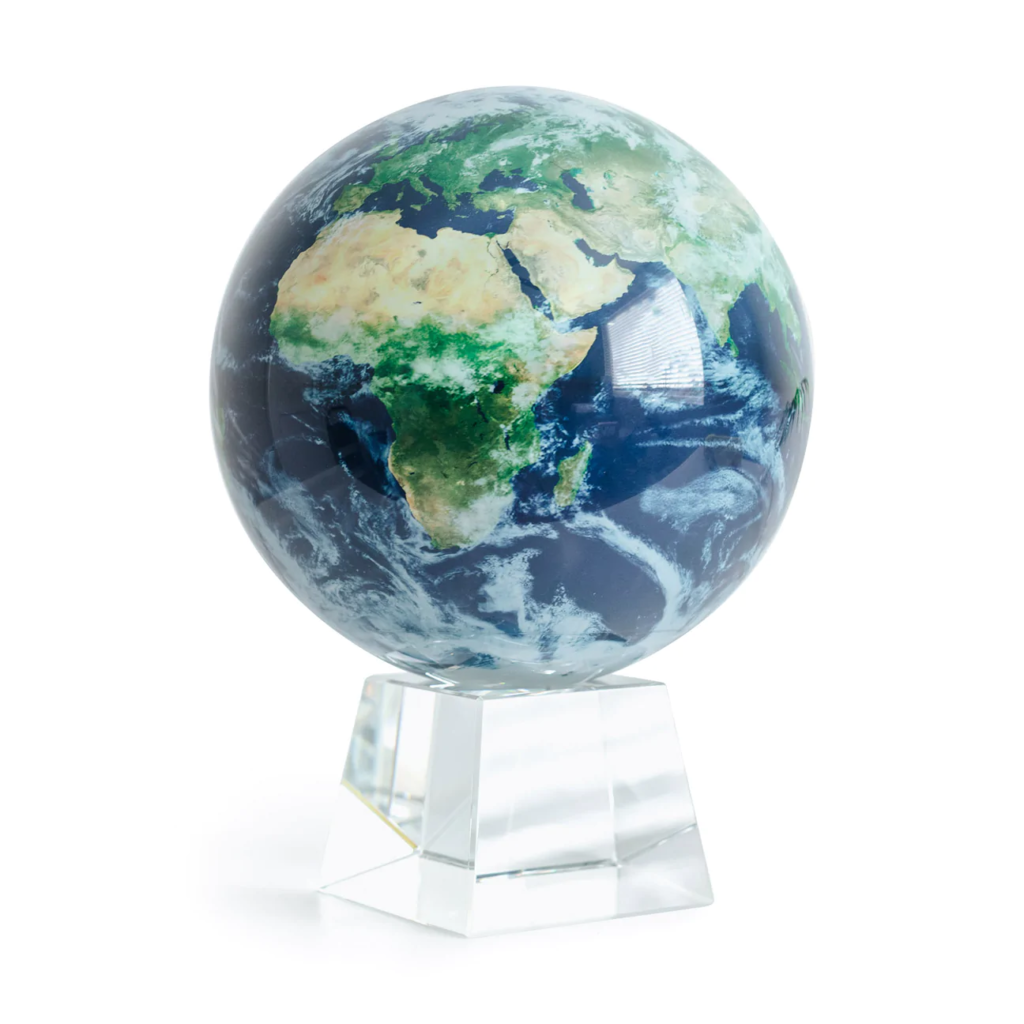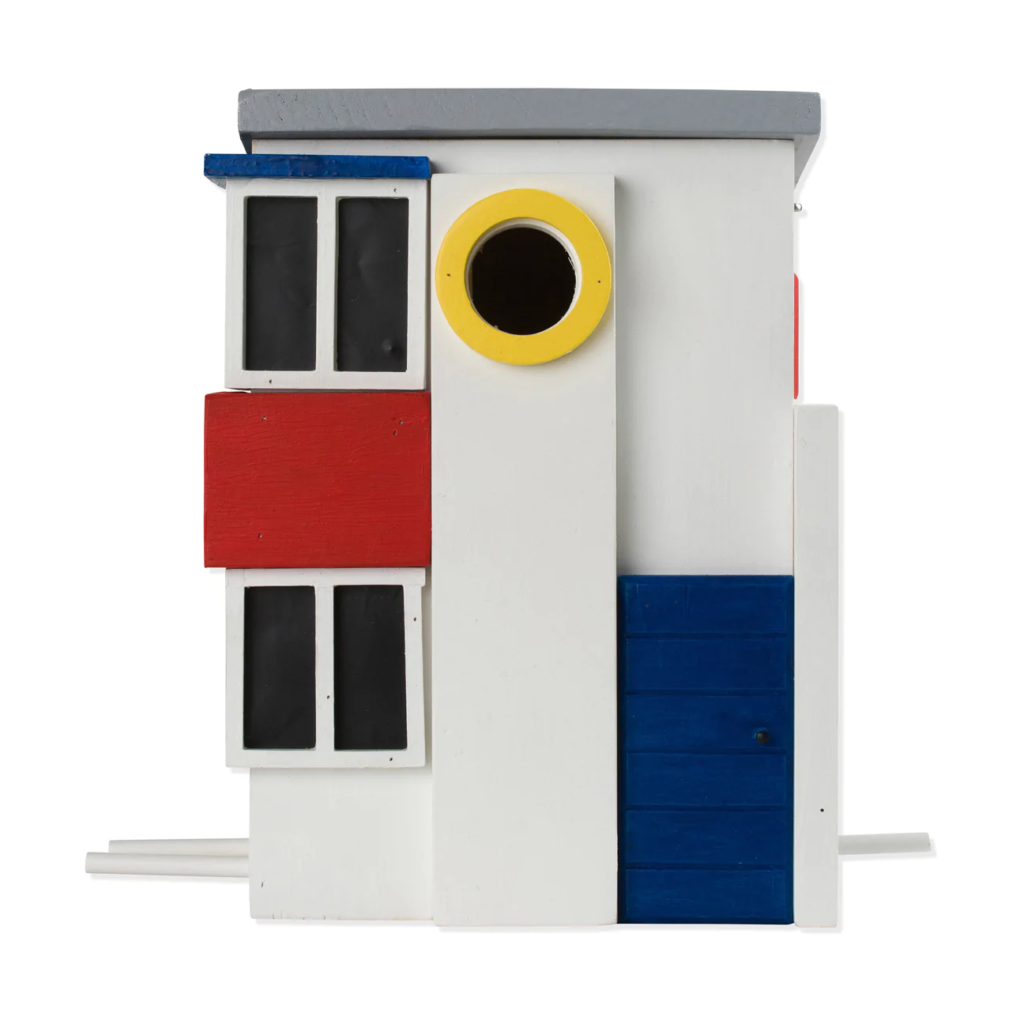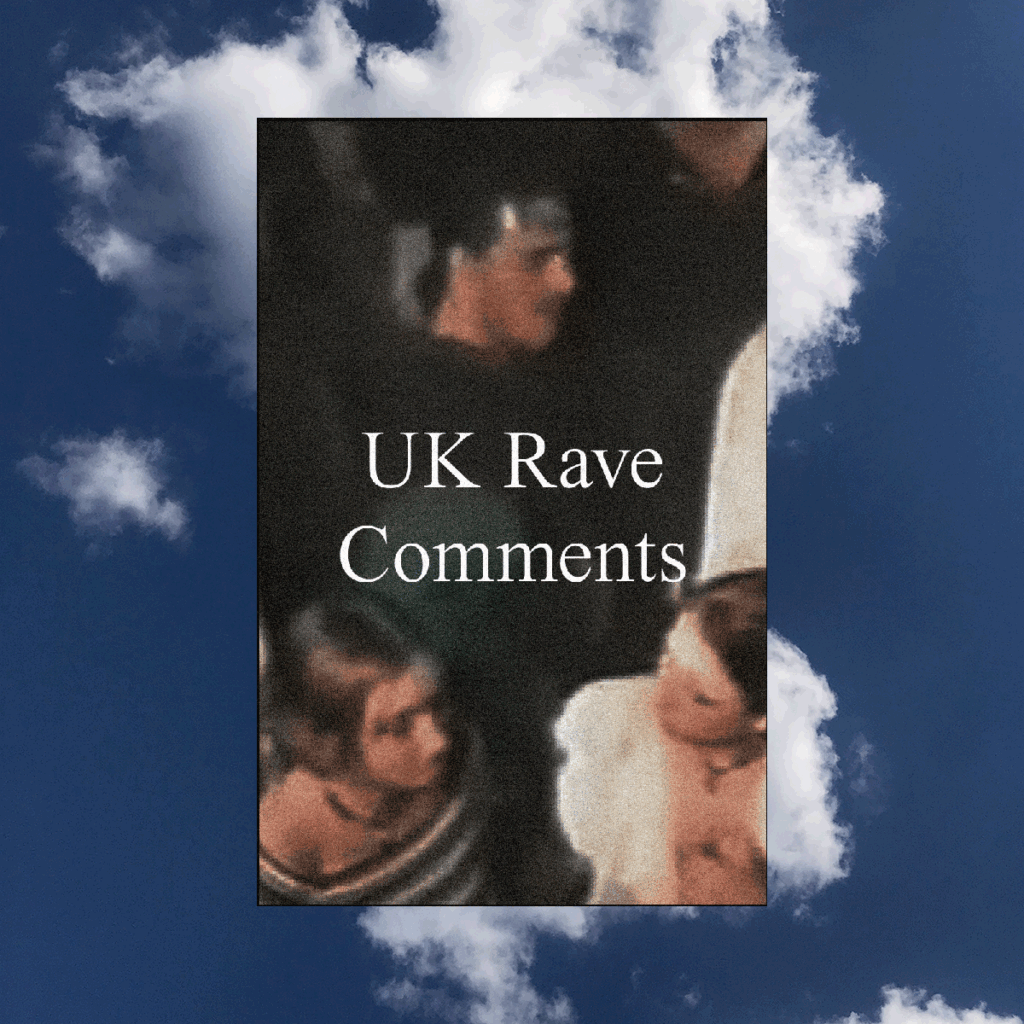This week, when I return to one of the only two routine expectations of me, I will navigate through painful conversations where in the midst of Eurotrips and ‘still in Europe present trips’, I will be at the corner of the call until it settles in that I am twenty-two years old with little connection to their homeland, living alone (a tragedy to them both financially and socially), where the mystery will then die a bit. In my fantasizing there will be some pity, the image of me precocious and frantic at my desk a bit more sensible—the perfect new grad to stretch until burned who is always online in every sense. Then there will be no more mystery, just a clarity for the other side of the screen.
But still no one knows the shape of the life I have lived. Most people who meet me will know only this fragment that was used to play the game they play.
I think navigating this toughness in history and misalignment in morals & seeing is one of my biggest setbacks from connecting.
Annually, I go kind of berserk during the holidays. I’m sorry if you saw that. In my spheres it is completely normal to feel most deplete and unloved during times for celebration, particularly when you’ve never really felt what the celebration was around or if expectation (even when that expectation has historically been nothing) was empty. I realize that isolation as means of rest is a luxury that I try and fail to emulate, but I do it nonetheless. When your network is kind of physically far apart for many reasons this is sensible. There’s no definition of ‘rest’ touted by any side or its in-betweens that have truly resonated with me yet; even if I’m not killing myself by my usual physical senses I somehow always am suffering & searching still. The only meaning I’m interested in is how carrying my life can mean something to every other life——most times, there’s just a lot of guilt. It’s not encapsulated by feelings of insufficiency or feelings of active harm that I’m doing (though I do feel both quite a bit). No matter how much I write or think about it, it makes me think there’s something fatally wired in my brain: I did these things you’re supposed to love and live for but I still feel this disgust at what I am, this lacking in utility / meaning / being interesting / wanting to be around which makes me turn back to making deeply within deep isolation, there’s only pleasure in this provision—which might be my way of expression, which might be the truest way I know how to say I love you.
No matter how much I do or don’t in a year, I always seem to end it alone.
My friends in the Philippines are listing accomplishments & feasting, my friends in the United States are thriving off small dinner parties & silently implying that nothingness is the new luxury. I feel a mix of shame and longing in both worlds. I need to list what I’ve done to remember, because no one else will do it for me. This is why I always make. To remember, to see if something whole can come from something broken. This year I graduated, I started work at my dream job, I fell in love and felt it back, I moved into my own place in a new city, I cemented the story of myself for my own perusal and legibility (a year of making to know myself, to meet me there in the process and sometimes even the surprising result; maybe this is why I desperately want the input of others) and sometimes other people read it too, I’ve seen over a hundred concerts and started volunteering at a local radio station, when I graduated an institution I felt so isolated from for all of my college education gave me an incredible award and I realized that if I play into systems it is nice when the system for once, makes it easier for me. I listened to so much and felt so much that the intensity of much brought me to return to myself, where I’m constantly trying to close this gap between feeling and expression, of living in meaning and then having to make it, of a love for myself that only appears to truly linger when extended outwards such that it is abundant. Being in control of so much of this means that I can, so easily, take it away with a confirmation of thought. It’s exhausting.
What’s the answer without other people giving it to me? I have it—in all its formless, absurd self.
But maybe I want the conviction of others, the one thing that they tell you to not expected which is why we need it in the first place. To allow my words and work to settle in a page with other people’s, so there’s some record of a Chia who lived amongst others not just for others—who wanted to gather, and so we gathered around. Someone to have hope in this seeing, to want to hear what I have to say, to believe in this vision even if it’s one that is just a reconfiguration of millions of other thinkers before me. I want to be able to fucking text someone if I have an idea and to truly be heard. To want me solely because it came from my mouth; even if the significance and value of the life is precisely in it being arbitrary. I don’t think this will save me, but it would be nice to be carried for once, after so much.
I get older and am continue to forget the meaning of myself; I look for it in the ways I associate and participate, but there’s little to reflect who I just am to me and then it becomes disinteresting. I become uninteresting, bland, vapid to myself. Sometimes I dream of this life having a celebration and then cry because it’s such a stupid desire—not childish, but kind of shameful that I need it. I think about it a bit more and wonder what there is to celebrate. I try not to get to that point but I get there too quickly. Sometimes I wish I was shallower and selfish; thought I could occupy rooms (whether I was deserving of it or not); actually received help when I ask for it, because most of the help I ask for is just listening or seeing.
When I make, it is to celebrate myself and a commitment to a continued expression of this life. When I make, I do it to try and know myself… the only way I have ever known, the only way I continue to experience… because I have had to live this life, as painful as it is, to see myself, to know who I was… when no one else was willing to look.
One year ago I did not know what to call art, that it was all around me and I was constantly enveloped in it. One year ago I took microphones and walked all over the cemetery and spent a 4AM walking towards Hamden until I realized that there was nothing for me there or here, so best to just return—and then I continued strange walks in the middle of the night for no other reason than to walk across a campus feeling like my body was mine again. One year ago I was begging for love and for someone at all to see me, probably in the corner Starbucks on Chapel Street, New Haven, and I made my fucking website (https://ifyouknewmewouldyoulove.me) in the February after an all too explicit manifestation of this longing. Of course all this making and living is just a question to be loved, to be seen, and the making is so that we are all loved and seen by each other more, and that the life I live is a brick to a long-coming foundation for how we can express love for each other more—because only so much of it can come inwards or from what cannot speak back to us, because so many people are walking reflections of us that we know and do not, because I cannot live without basking in someone else’s life work and the miracle of this and a constant act of gentle taking from those around me—and that even if I could give so much of this to myself, even if I could give it all, I would still seek nothing from other people, as long as there was other people.
Nearly one year ago, so sore and so sick that it felt like I was suffocating on the dryness of my throat and a false crystallization around my eyes. I hate who I was when I was asking. I hate, in the midst of all love, this world that has never made anything easy when I so desperately needed it to be—for once. I look back at all my hardest moments and because no one was there to love what I looked like, I can’t help but wince; I am so small, so foolish, so naive—in asking the world, expecting, getting nothing.
Now I can’t stand the image.
The longer I disappeared the easier it was. I realized that I offered nothing, I gave nothing, I was interested in nothing, I was nothing.
I realized I did not care who I was or who I was becoming and did not need to see them. I had always asked and never received… I was skeptic, then surrendered. It never made sense to only have faith in one body in a world full of multiplicities.
There is a limit to will; a limit to what one can do for one’s self.
I want to drift away and sleep.
…
I wanted occasions and celebrations around nothing but being. I want to be able to talk about why I am falling and be acknowledged for it even if nothing can be done because that seeing is already liberating. I wish that when I had no joy someone else could fill it in for me and listen to all the other feelings swarm around with it, too. I wish that there was some sensitivity to this suffering and displeasure—that it was not something to be fixed or cured, because it was never an issue until it became an issue, and that I could continue to be until I desired to make joy for myself. Not that this is a plea to me being forever unpleasant or suffering; but there’s quite a deal of living that I’ve done to help me understand that this will be all-enveloping, or latent at best—I wish that it was acknowledged so I could name it for what it is, and continue to be. That’s all I need, I think.
Mostly, I’m frustrated by the first act being such an overbearing act of community building; I know I always make places. I know that I’m in this precarious, sad position of being especially lonesome in a new city, moving close to a slur of holidays without a strong community support system from college, home, or the familial. This life is so fragile and so mine: I cried sleeping on the bare floor of my apartment, in disbelief that I have made it this far in life, in praise of the gift it was to freeze. This summer, when filling out forms for my new job, I was crying over how I didn’t know who to put as an emergency contact, so I just made one up. It’s still someone made up. I realized that if I get lost, there is nobody who will really find me. I wanted reassurance for the smallest of things and then stopped asking. I wanted the luxury to be irrational in a life where I’ve always had to be guided by logic, a language I learn that often compromises the human factor of love. My eyes ache and swell so much when I think about the idea of rest, because I’m still at the stage of my life where I am young and cannot afford to do so—because the way I’ve carried myself in life meant to work a hundred times harder than other people I can never relate to. I do not have the luxury of stillness. If I fall injured or if something really fucks me up, like me giving myself a concussion that truly fucks my head over (I was wondering why I didn’t do much in November—this was why!), that it would pretty much be the end of me—in this able, extended body. I am a solitary disaster away from the end of capability and self-made agency—I have made everything. Without myself will lose everything in an instant. This is why I want, more than ever, to have you dream with me.
I know I will always find places eventually and that this is an intentional, continuous act. I know about settling and think about it without any absolution or defeat, but as an important act of dwelling that applies to any territory we find ourselves in—a critical responsibility, more than anything else. I want to make things with people and gather and birth ideas and moments that will outlast me; I want to make tools and let my way of saying I love you constantly evolve with me. I want to live a year without thinking I am going to die before the end of it. I want my recklessness to die with the expectation of a short longevity. I want to write because I believe that my friends & new friends to come will want to exchange these papers and ideas and thoughts—for the literature to end at the dining table we share, even, as what I wanted to engage in was done—not because I am always writing to preserve this life for everyone who will only know it once I’m dead. I want to live a life where other people see me. I want to live a life where other people see me in it. I want this dream of gathering and loving to have something to reach for, even abstract, and the image of me being wanted in a space is so crucial when I’ve mostly lived life assessing need… I want to have the opportunity to be something I am not, and always continue becoming something I’m not as I always want to become something I’m not already.
[…]
When I write it out it always feels more naive and nonsensical. I have so much that I can physically give myself now, a gift after twenty-two years—but I constantly will be making and acting to know and preserve myself. I still have defiance, and I am always longing to prove something to this world—like a vision or a saying, until I can find the right simple words to say it. It always boils down to an equivalent of I love you. I am always longing to bring in what I was missing and wish that there was something unexpected; or at the very least, when I ask, when I speak, it is heard. I want to know what I mean, especially when I didn’t mean for it to be that way.
Maybe the reason is I do not trust myself. I don’t trust myself to carry out a life: to love deeply enough, to express even a fragment of what I need to say. I can spend lifetimes trying and crying and it will never be sufficient. I can stretch out this voice and it will never enough. The enormity of life is almost suffocating. I need someone to believe in me for once. I want it in all its selfishness and stupidity.
There are so many things I haven’t seen, so many parts of myself that are begging to be seen. I want belonging without constantly having to prove it. I want a story that I myself haven’t written with me in it. I want someone to imagine the future and see me. I want to make a place and then not have to leave it. I want to see what I’m seeding. I want to grow with somebody, people, a place. I want somebody to tell me what I am.
The desire here is very simple:Humans are capable of a unique trick: creating realities by first imagining them, by experiencing them in their minds. When Martin Luther King said "I have a dream", he was inviting others to dream it with him. Once a dream becomes shared in that way, current reality gets measured against it and then modified towards it. As soon as we sense the possibility of a more desirable world, we begin behaving differently, as though that world is starting to come into existence, as though, in our minds at least, we're already there. The dream becomes an invisible force which pulls us forward. By this process it starts to come true. The act of imagining something makes it real.
I wanted so badly to imagine myself into staying; into seeing what this could become. I don’t feel much for me, or have faith in me: that I can be, or co-exist. The making of myself to know myself has been such a futile project, so unwitnessed and so sad. There is only so much I can extract out of this life without any partaking. A self-replicating and self-destructing machine.
For now, I make myself legible. I will tell the story of myself and what I see, to understand why I believe, to understand why I have yet to do it. I learned that I am an instrument and I have barely begun to learn how I sound.
…




